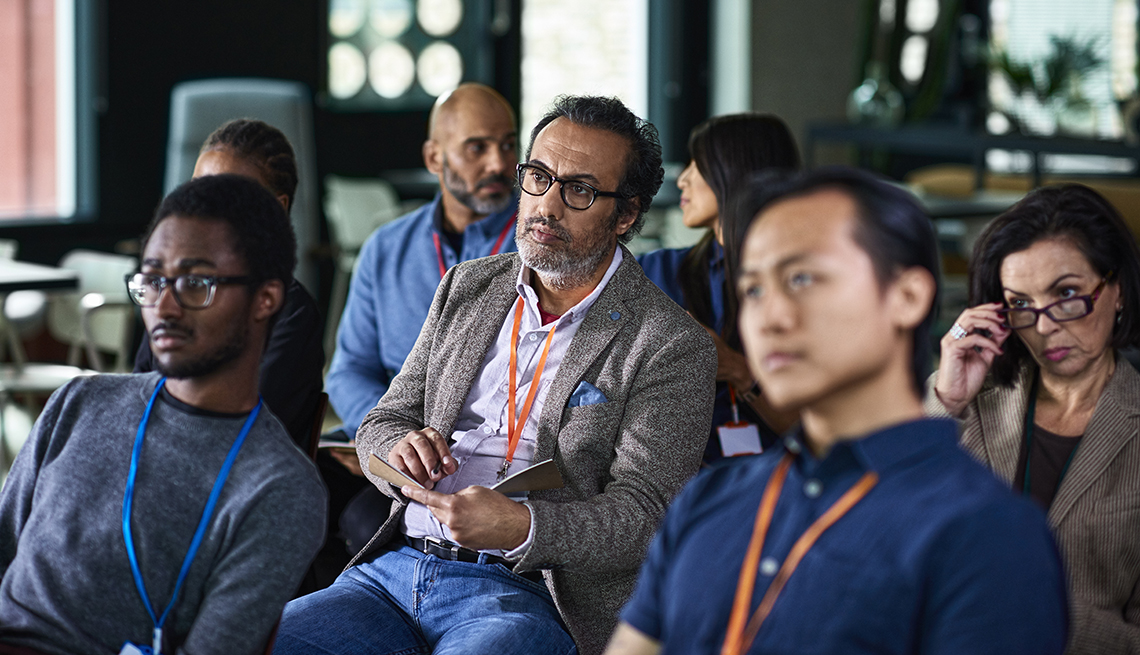AARP Hearing Center
The COVID-19 global health crisis has upended the way we live, work and learn, and has accelerated trends relating to the future of work by creating an increased rationale for automation. At the same time, the demand for skilled workers is providing the workforce with leverage to seek jobs with the flexibility and growth opportunities they desire. All these trends call for a renewed commitment from business leaders to support upskilling and reskilling opportunities within their existing workforce. The good news is that upskilling and reskilling programs not only foster an agile, adaptable business environment, but also save organizations thousands of dollars in recruiting and onboarding costs each year.
While the shift toward greater automation requires employees with cutting edge technology skills, another skill segment that is growing in demand emphasizes soft skills such as problem solving, critical thinking, relationship building, empathy, coaching and mentoring. These uniquely human capabilities take time to develop and are present in much of the 50-plus segment of the workforce. Due to the high correlation between older workers and soft skills, it’s sensible to build a multigenerational workforce with a culture that facilitates intergenerational learning, knowledge sharing, and mentoring.


































































